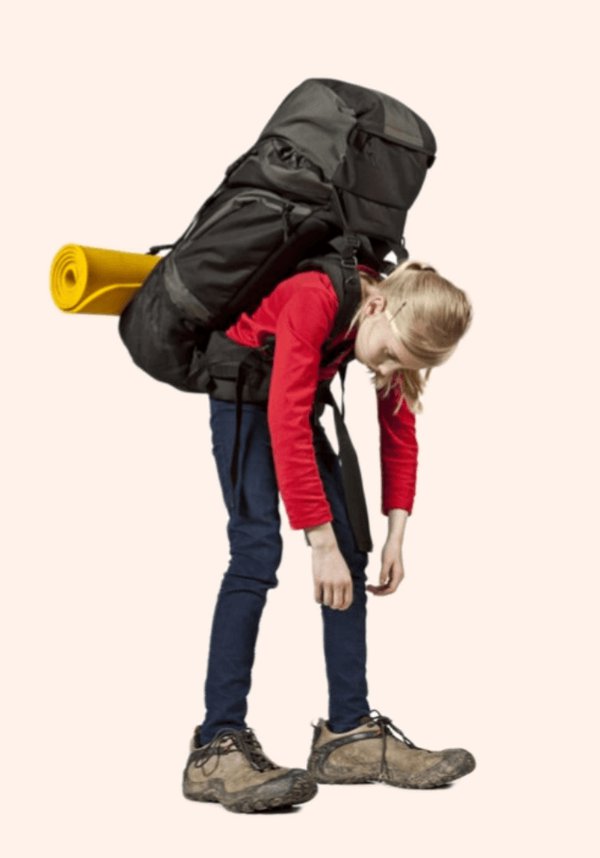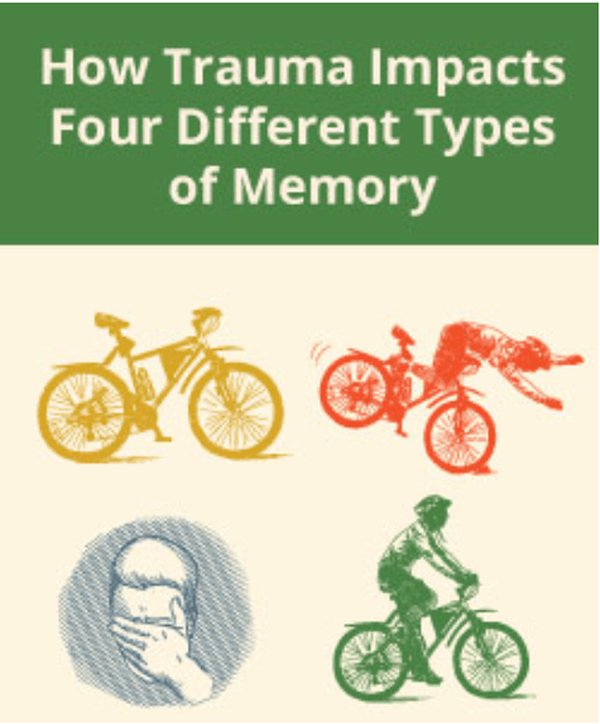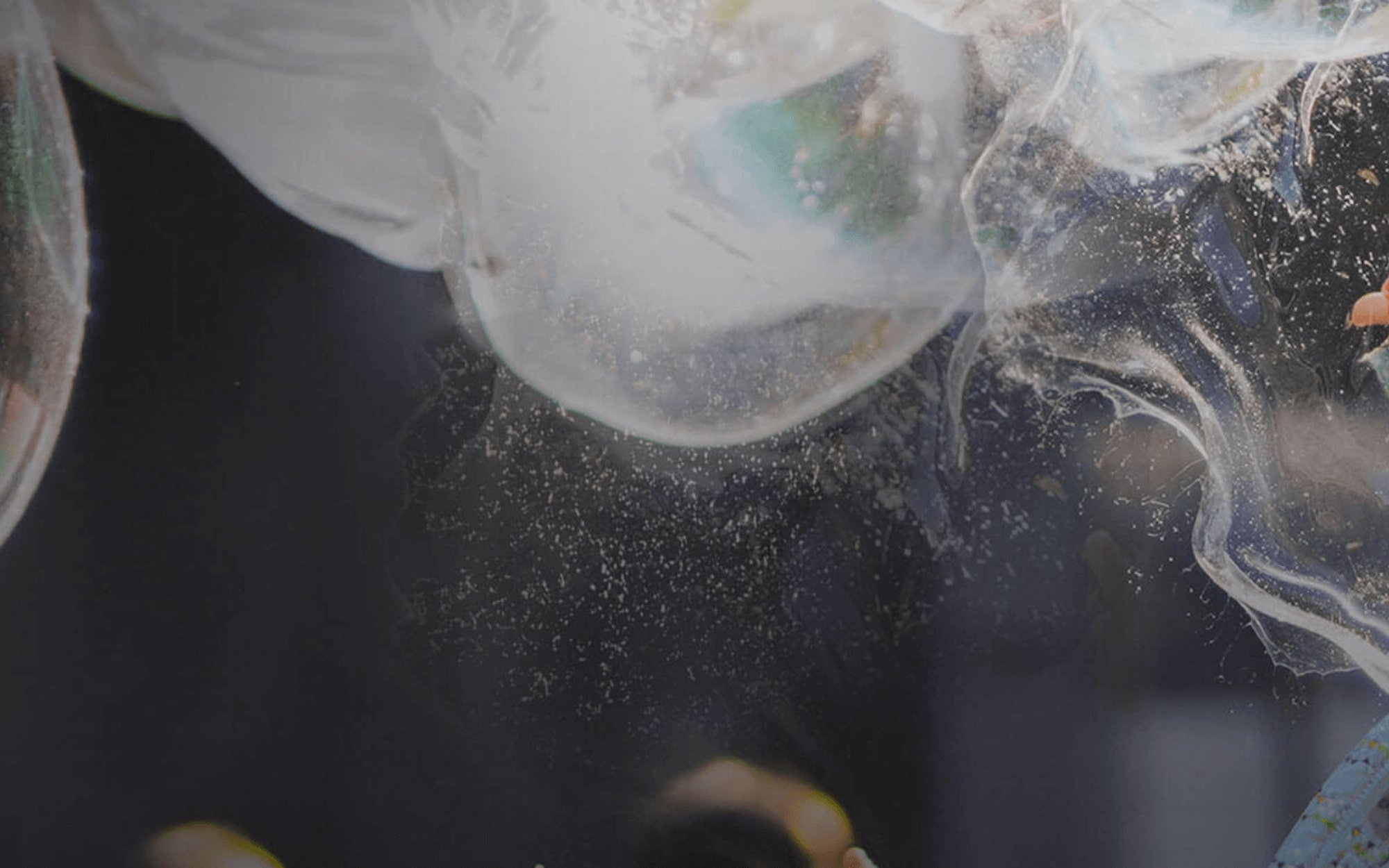Search
Search
What Is Child & Youth Trauma & What Are Its Consequences?
This section of the portal aims to define childhood traumas in order to better understand them, and to detail the range of consequences that can arise from these difficult events.
How Does Trauma Affect a Child's Brain Development?
In this podcast, information on children who have witnessed traumatic events — domestic violence, shootings, or even fighting — and the physical impacts on brain growth that can lead to lifelong social and developmental issues are discussed. In addition, neurological effects of trauma and neglect, as well as signs and patterns of stress often found in children are identified.
- Created by The Source.

The Societal Burden of Child Abuse: Long-Term Mental Health and Behavioral Consequences
This compendium volume collects some of the most recent research and organizes it within three categories: societal effects, effects on health (including mental health) behaviors, and epigenetic effects. Specific topics include the associations between childhood abuse and the following factors: juvenile sexual offending, juvenile delinquency, adult aggression, cognitive development, adult smoking, sleep patterns, suicidal behaviors, psychopathology, and epigenomic mechanisms.

How Compassion Can Triumph Over Toxic Childhood Trauma
The Conversation
This article gives information about childhood trauma and the resulting consequences on survivors’ health, from babies impaired development to adult health problems. It also provides information on protective factors.
- Created by Dr. Sheri Madigan, Dr. Nicole Racine and Dr. Suzanne Tough.

Developmental Trauma
This article has been written for parents, caregivers, friends and family of children who have experienced early loss, trauma and attachment disruption, as well as professionals and those who have experienced trauma themselves. It provides current evidence and thinking to re-frame the ‘'problems’' often seen in these children as '‘wise adaptations'’ to the lessons that life has taught them.
- Created by Beacon House - Therapeutic Services and Trauma Team.

Child Sexual Abuse, Traumatic Experiences, and Their Impacts on the Developing Brain
In this article, the impacts on the developing brain of traumatic experiences, including child sexual abuse, as well as treatments and interventions are discussed.
- Created by the Child Trauma Academy.

Maltreatment and the Developing Child: How Early Childhood Experience Shapes Child and Culture
In this article, information on how early experiences of maltreatment shape children and culture, as well as prevention and solutions to child maltratment and its consequences are discussed.
- Created by the Child Trauma Academy.

Signs of Developmental Trauma at Home and School
This fact sheet provides an overview of the main signs of developmental trauma that can be seen in children, including sensory problems, attachment insecurity, and emotional dysregulation and describes how these manifest both at home and at school.
- Created by Beacon House - Therapeutic Services and Trauma Team.
Assessment of Complex Trauma by Parents and Caregivers
This document offers parents and caregivers a brief checklist to use to determine if a complete assessment for complex trauma should be scheduled. This fact sheet will help parents and caregivers determine when to seek professional help.
- Created by the National Child Traumatic Stress Network.

Stress, Trauma and Post-Traumatic Stress Disorders in Children
The purpose of this booklet is to provide an overview of PTSD in children. While targeted for an interdisciplinary audience, portions may be helpful to parents and caregivers living with children suffering from PTSD.
- Created by the Child Trauma Academy.

Trauma-Informed Practice
From Theory to Practice (for children aged 0-11 - free electronic version)
The aim of this support kit for caregivers is to raise awareness in clinical settings of knowledge about trauma in children and adolescents, so that caregivers can incorporate it in their practices.
- Created by Institut universitaire Jeunes en difficulté (IUJD).

What Is Child Traumatic Stress?
Complex Trauma: Facts for Caregivers
Trauma and Your Family
Age-Related Reactions to a Traumatic Event
What is Child Trauma?
This page defines traumatic events and child traumatic stress while providing information on risk factors that contribute to the development of symptoms. It also discusses how protective factors on the child, family, and community levels can reduce the adverse impact of trauma.

Understanding Child Traumatic Stress: A Guide for Parents
What Is Complex Trauma? A Resource Guide for Youth and Those Who Care About Them
This guide offers information about complex trauma, how it can impact youth, both good and harmful coping strategies, and ways to improve. it is for youth who have experienced complex trauma or who know someone who has. Clinicians, caregivers, and other adults can also use the guide to have conversations with youth about what complex trauma is.

Statistics on Sexual Violence
What Is Sexual Violence?
What Are Consequences of Sexual Violence?
Long-Term Consequences of Child Abuse and Neglect
Child Maltreatment
Traumatic Events: Supporting Children and Teenagers Afterwards (2-15 Years Old)
What Is Family Violence?
How Trauma Can Impact Four Types of Memory
This infographic provides information on the way trauma can have a profound impact on a person’s memory. It also addresses how traumatic memory can affect not only the brain, but also the body and nervous system as well.
- Created by the National Institute for the Clinical Application of Behavioral Medicine (NICABM)

The Pair of ACEs
This illustration helps to visualize how adversity in childhood can be complex and rooted in toxic community environments.
- Created by Wendy Ellis, William Dietz, Kuan-Lung Daniel and adapted by the Canadian Consortium on Child and Youth Trauma, McGill University.

Key Points – Understanding Complex Trauma, the Impacts and Intervention
This infographic provides a better understanding of childhood interpersonal trauma, listing the related developmental sequelae.
Complex Trauma: The Alarm System
This infographic illustrates the possible reactions a human being can have when faced with danger, and explains how children who are victims of trauma have their alarm systems constantly activated.
On the Mic With Mike #5 - Dr. Tracie O. Afifi
In this episode, Dr. Afifi describes her research into the long-term physical and mental health effects of child maltreatment and her quest to influence parents to change their behaviour to create healthier kids.
- Created by The Canadian Institutes of Health Research (CIHR).
Adverse Childhood Experiences (Aces): Impact on Brain, Body and Behaviour
This video provides information about adverse childhood experiences and its repercussions on individuals’ health. It presents how the brain reacts to ACEs and the differences between good and bad stressors.
- Created by Dr. Andrea Gonzalez from IHDCYH Talks.
The Child Trauma Academy Channel - SevenSlideSeries
The videos available on this Youtube channel provide information on the brain and how adverse experiences can affect brain structures, including threat response patterns, sensitization and tolerance, and much more.
- Created by the Child Trauma Academy.
How Early Childhood Experiences Affect Lifelong Health and Learning
This video addresses the way early experiences affect not only early learning and school readiness but also lifelong health. It also provides information to better understand the effects of adversities such as poverty, discrimination, systemic racism, exposure to violence, and child maltreatment, abuse, and neglect on the developing brain and many other systems in the body.
- Created by the Center on the Developing Child.
FR - Guide pratique sur le trauma complexe chez les enfants et les adolescents
This panel, presented during the 2022 Trauma Symposium, discusses a practical guide proposing several avenues of intervention to accompany children and adolescents in a sensitive manner adapted to their issues. It is intended for parents, teachers, educators, caregivers, foster families, and the various professionals who are taking care of them.
- By Marie-Ève Grisé Bolduc.
Trauma Types
This page provides information on different types of trauma people can experience, including bullying, community violence, complex trauma, medical trauma, and more.
- Created by The National Child Traumatic Stress Network.

Make Resilience Matter
This website provides information on children exposed to intimate partner violence and the consequences.
- Created by Make Resilience Matter.

JRI : Leaders in Social Justice
Created by Justice Research Institute (JRI).
This website offers diverse types of resources, including trauma-informed care services, the ARC framework, the Building Communities of Care, the JRI Continuum, the Equine Therapy (EFT-CT Model), and Permanency.


























